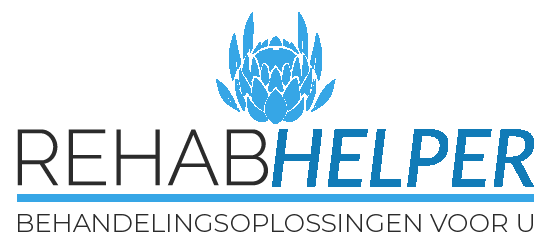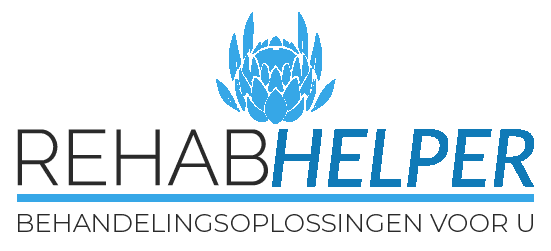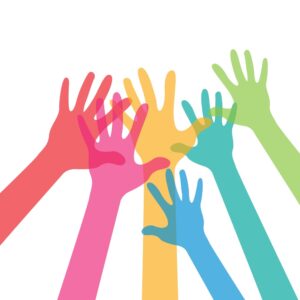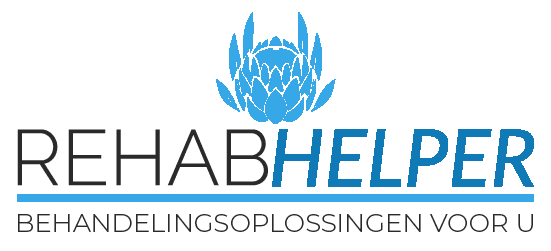Lockdown has given us more free time than ever before, all while restricting what we do with that time. Cooped up indoors, many are turning to new or prior vices to get themselves through what has arguably been an incredibly dark and difficult period of recent history.
Amongst these vices, process addictions have become more prevalent than ever before. With no one to intervene, and with often unlimited access to the root of these behavioural addictions, it’s easy to be swept up in addiction.
Process addictions present themselves much the same as addiction to alcohol or narcotics. An addict suffering from behavioural addiction will find their personality, behaviour, and considerations change. Relationships and obligations can deteriorate around them as they put this activity ahead of everything else. Often it can even be financially devastating, or even life-threatening.
Here are a few common process addictions plaguing the UK, and likely the rest of the world, at the moment.
Gaming addiction
Time in front of the screen playing games was already difficult enough to manage when we weren’t in the middle of a lockdown, and with often little else to do, people have actively been encouraged to play video games to pass the time indoors. Even if one didn’t have an addiction to playing games before lockdown, it can very easily develop now.
The problem is made significantly worse when our personal devices also become our work devices. While before students and workers would find themselves in the controlled environment of the classroom or office, now we’re all working from home. Addiction to gaming can present itself in playing games during work/school hours, despite the consequences, and failing to hand in work/study due to spending too much time gaming.
If you or a loved one reacts badly to having their playtime reduced or taken away, you may find there’s a process addiction at play.
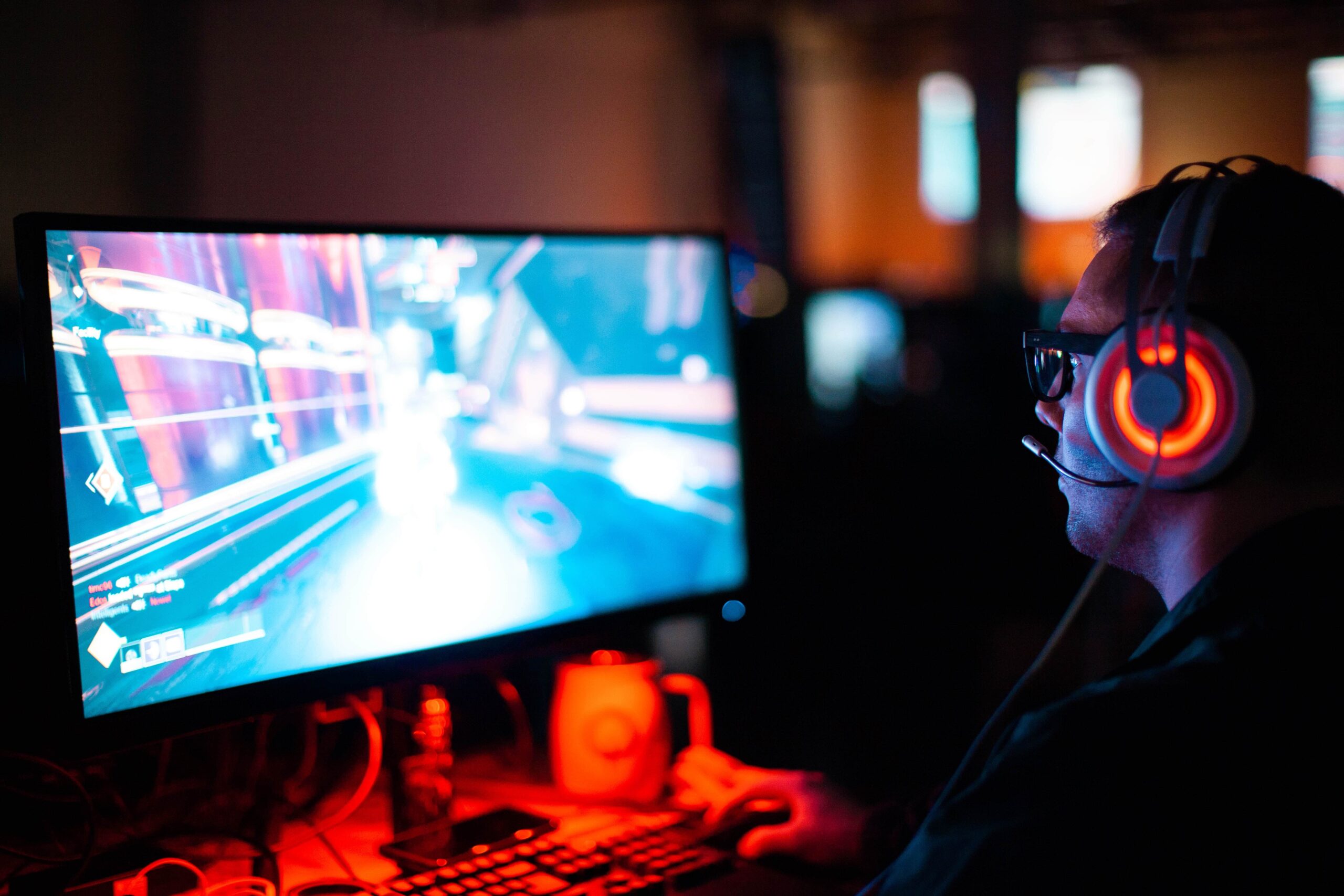
Shopping addiction
While we may not be able to go on shopping trips, online shopping is more accessible now than ever. All our favourite stores are joining the online marketplace to stay accessible, and when even basic necessities like groceries often need to be bought online, we open ourselves up to the often addictive behaviour of online shopping.
And there’s certainly a kick involved. Depression is at an all-time high, and treating yourself to something nice online gives you a reward response. However, a shopping addict will pursue that kick too frequently, purchasing things they don’t need or can’t afford. Even losing their source of income isn’t enough to stop an addict from shopping. Debt, purchasing things you don’t need, and conflict in your relationships as a result of excessive spending are all signs of a shopping addiction and should be brought under control.
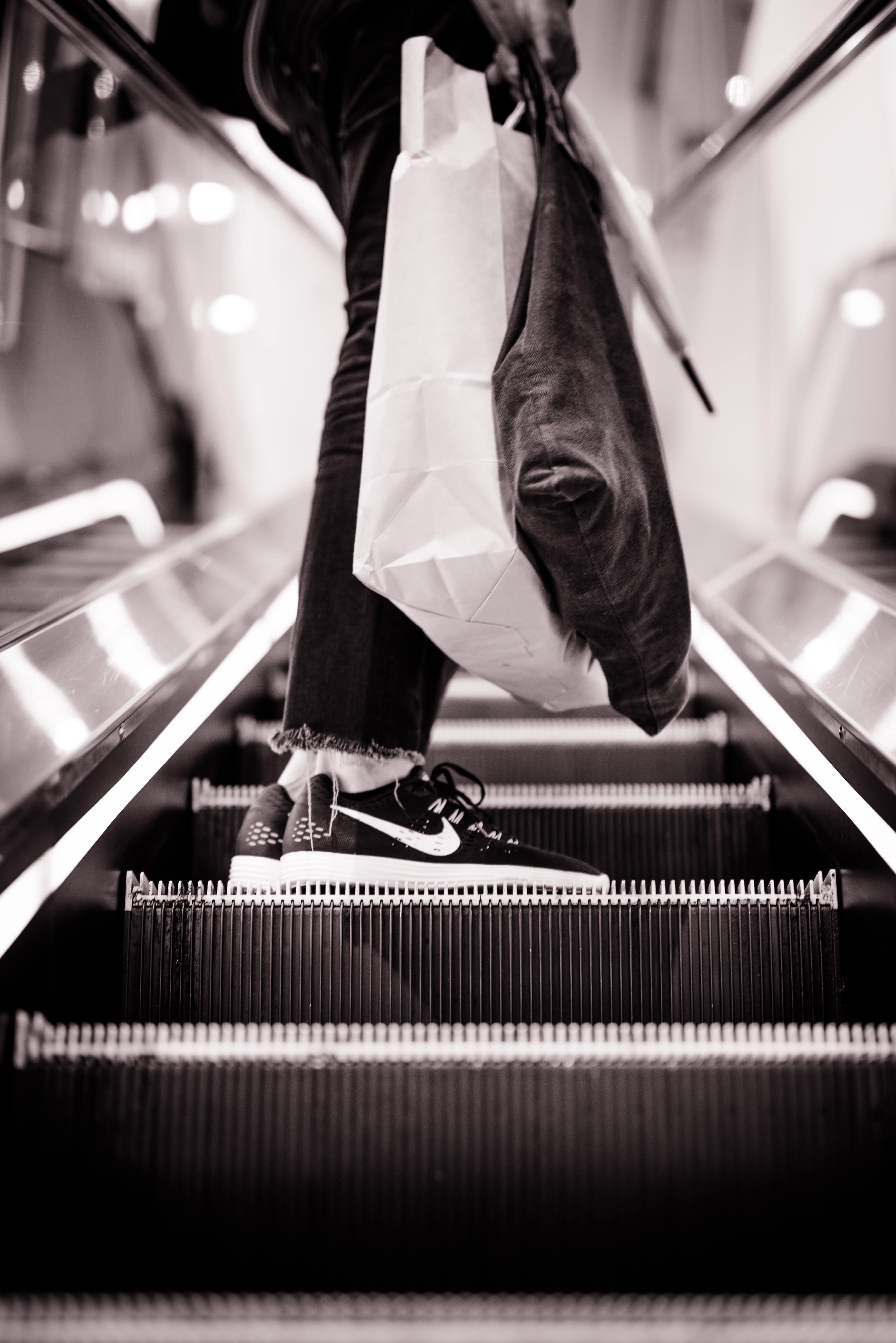
Gambling addiction
It’s a misconception that gambling takes place mostly in casinos. On the contrary, plenty of gambling can take place online. And with all the free time to spend online, gambling addicts can find themselves quickly drawn in.
It concerns even more that this form of gambling can often go unnoticed, especially if the financial situation isn’t immediately apparent to those around them. Gambling addicts can even be approached on their mobile phones through calls and text messages. If you suspect someone you love is gambling online, watch their online habits, and monitor finances as best as you can.

Food addiction
Taking up new hobbies during lockdown is a great way to find a positive outlet. Cooking is a popular choice, with tasty rewards. Ordering in is also incredibly easy and popular, and actively encouraged to keep local restaurants afloat while customers can’t visit them.
However, with our already stagnant lifestyles and poor mental and emotional health overall, many turn to stress eating and overeating to pursue the shortlived joy eating good food brings us. Portion sizes can increase, and happen more frequently. If you find yourself eating even when you’re not hungry, and frequently cooking or ordering in food when you shouldn’t, you could be addicted to food. This will also present in significant weight gain.
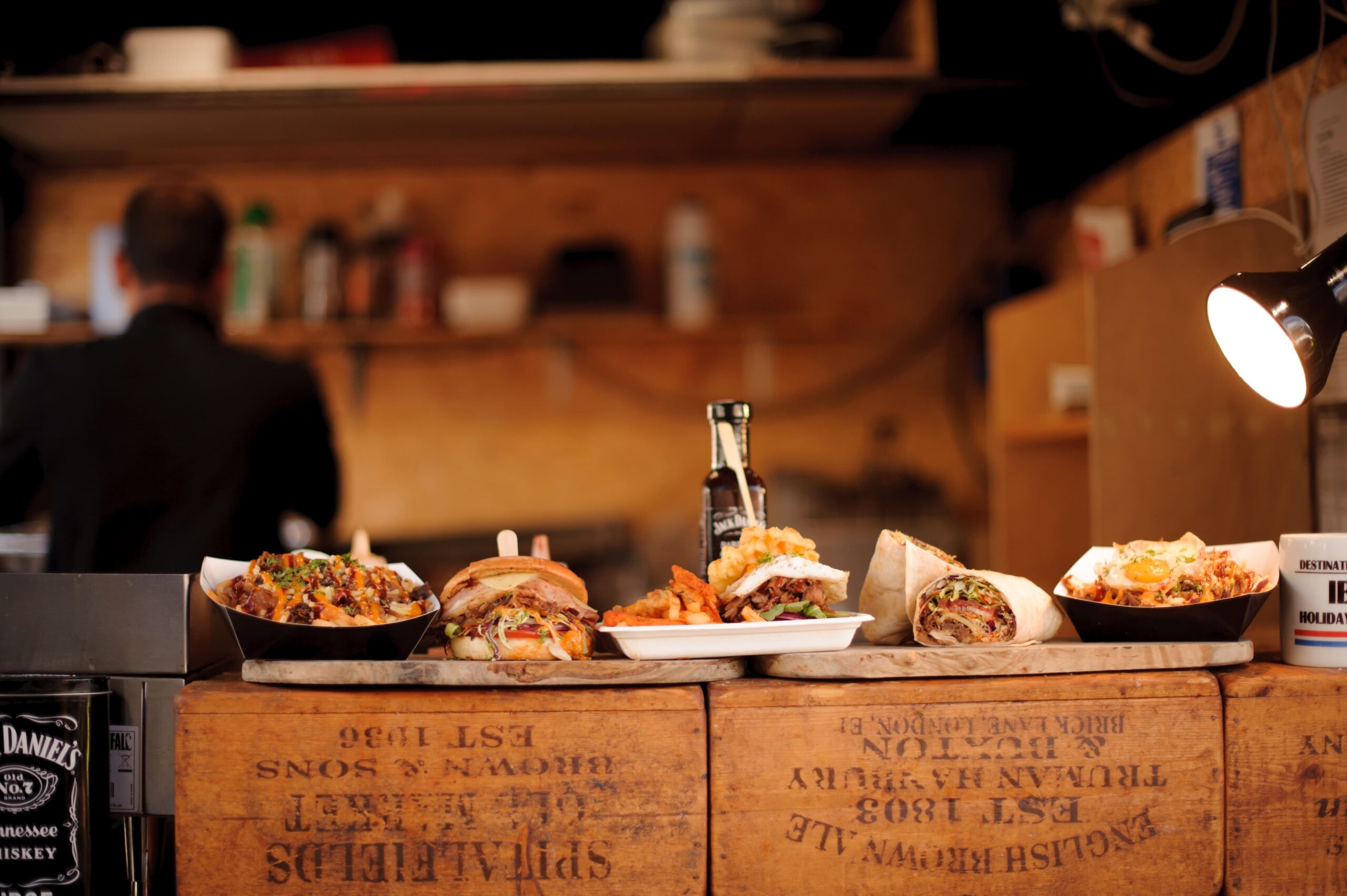
Porn addiction
Lockdown can be an incredibly lonely time for many, and in the confines of our own homes, many can become drawn into porn addiction. Porn addiction presents itself in many ways, with addicts steadily failing to find enjoyment from physical intimacy with others, to pursuing watching porn at the detriment of their health or relationships with others. Often tied in with excessive masturbation, porn addicts have displayed similar brain activity when viewing, or anticipating, porn as an addict would display with substance addictions.
If you find yourself or someone you love viewing porn in excess, at the detriment to your relationships, work, or health, you may have an addiction. This includes watching porn during work hours, at the risk of losing your job or hindering your work performance.
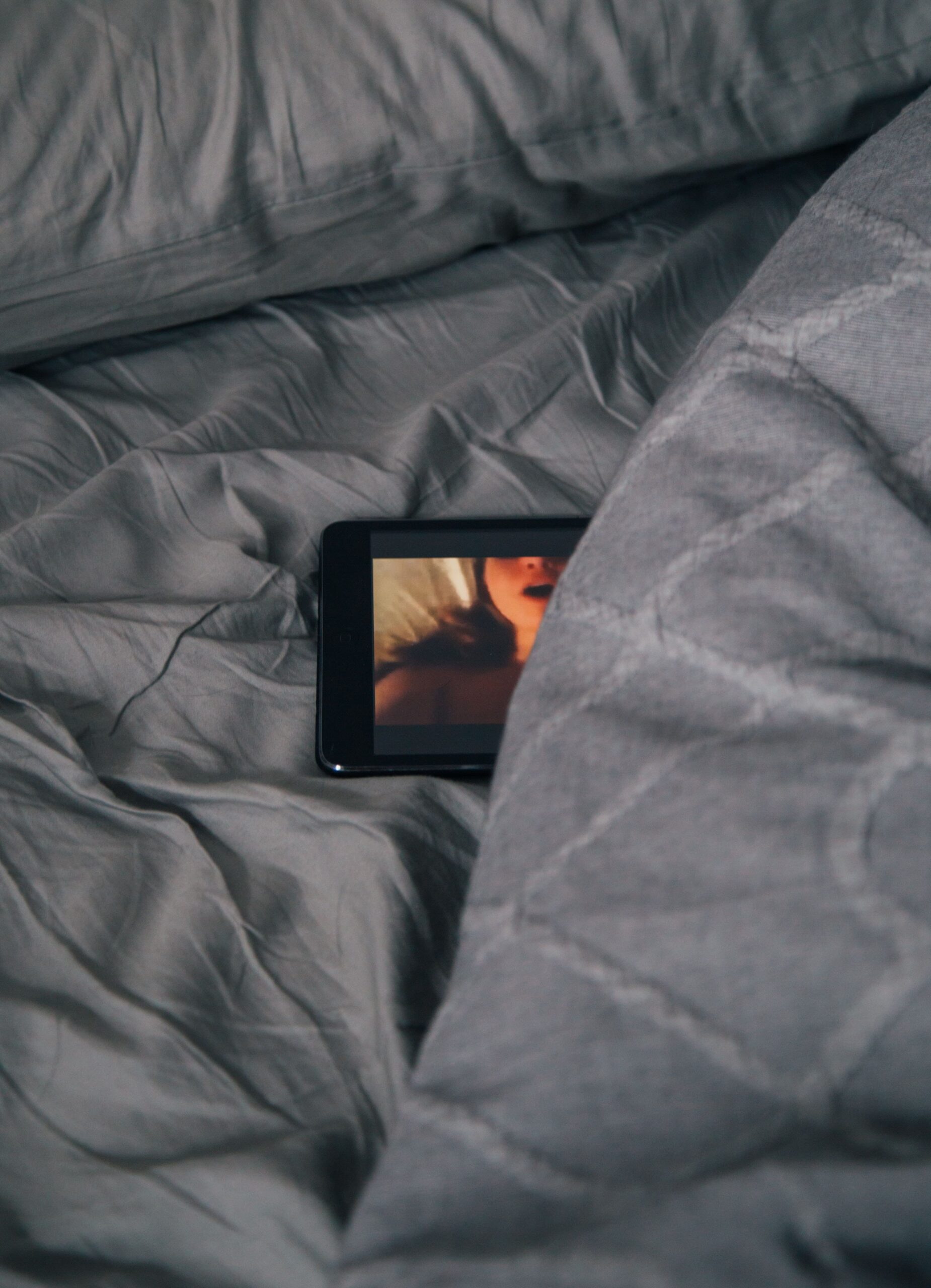
Social Media Addiction
We’re spending more time on our devices now than we ever did before, and we already did that a fair bit! Cooped up inside, we find ourselves ‘doom scrolling’ through social media apps, getting involved in online disputes, and posting more frequently than ever, to the point that we receive a reward response from it much like we experience with substances, even accompanied by withdrawal symptoms when our time online and on social media platforms are restricted.

Process addictions, like all addictions, can be treated. With the dedication to recovery, you can follow a path to sobriety. Admitting you have an addiction is the first step, and looking for the help of a rehabilitation centre in the UK is the next big step in your recovery journey.
